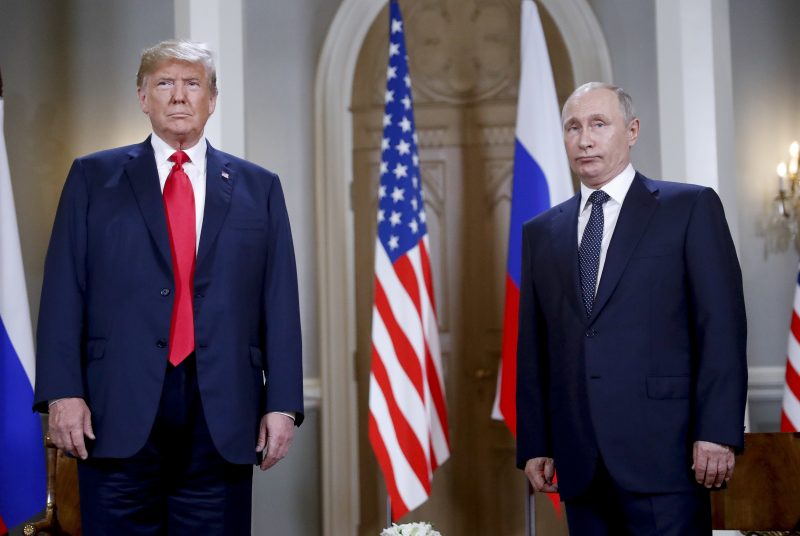In a shocking revelation detailed in a new book, it has been reported that former President Donald Trump secretly sent COVID-19 tests to Russian President Vladimir Putin during the 2020 shortage. The book sheds light on the covert actions taken by the Trump administration amidst the global health crisis.
The decision to send COVID-19 tests to Putin during a time when many countries were grappling with shortages highlights the complex dynamics of international relations and diplomatic maneuvers. While the gesture may have been seen as a goodwill gesture or a strategic move to maintain relations with Russia, it also raises questions about priorities and allocations of resources during a pandemic.
The COVID-19 pandemic brought about unprecedented challenges for nations worldwide, with healthcare systems under immense strain and shortages of essential supplies becoming a major concern. The sudden shortage of COVID-19 tests further exacerbated the crisis, making access to testing a critical issue in the fight against the spread of the virus.
At a time when countries were scrambling to secure enough tests for their own populations, the revelation that Trump chose to send tests to Putin adds a new layer of complexity to the global response to the pandemic. It raises questions about equity in access to testing and the ethical considerations of diverting resources to high-profile individuals or foreign leaders.
The decision to send COVID-19 tests to Putin in secret also raises concerns about transparency and accountability in government actions during a crisis. Withholding information about such a significant gesture from the public and other government officials undermines trust and transparency in the decision-making process.
While the intentions behind Trump’s actions may have been well-meaning or driven by political considerations, the covert nature of the operation and the lack of transparency surrounding it are cause for skepticism and scrutiny. The prioritization of sending tests to a foreign leader over domestic needs further highlights the complexities of navigating a global health crisis amidst geopolitical considerations.
As the world continues to grapple with the ongoing challenges posed by the COVID-19 pandemic, the revelations in the new book shed light on the intricate web of diplomatic relations, resource allocation, and ethical considerations that shape the response to a global crisis. The decision to secretly send COVID-19 tests to Putin during the 2020 shortage will undoubtedly spark debate and reflection on the role of leadership and transparency in times of crisis.


























